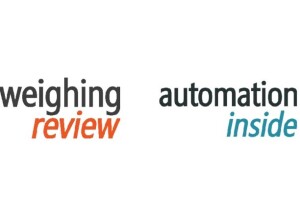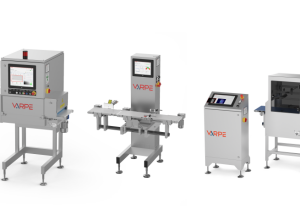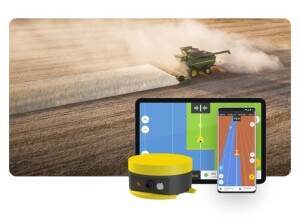Trade-Offs in Weighing: Customization vs. Off-the-Shelf Solutions for Niche Industries
The Decision Point: Standard vs. Tailored Weighing
When investing in industrial weighing equipment, especially for niche or specialized industries like aerospace manufacturing, advanced chemistry, or high-volume food processing, businesses face a critical choice: purchasing a standard, off-the-shelf solution or commissioning a fully customized weighing system. While standard solutions offer lower initial cost and faster deployment, specialized processes often demand features—such as unique material handling, extreme environmental protection, or highly specific software integration—that only customization can provide. Understanding the trade-offs is essential for long-term return on investment (ROI).
1. Off-the-Shelf Solutions: Speed, Cost, and Reliability
Standard scales (like common floor scales, bench scales, or basic truck scales) are mass-produced and follow established design blueprints. They are suitable for processes with common requirements and minimal environmental challenges.
Advantages:
- Lower Initial Cost: Reduced engineering and manufacturing time translates directly into lower purchase prices.
- Faster Deployment: Standard equipment is often in stock and requires minimal site preparation beyond foundation work, allowing for rapid installation.
- Proven Reliability: Standard models have a large installed base, meaning maintenance teams and local service technicians are often highly familiar with the equipment.
- Simpler Compliance: Most standard scales carry pre-approved Legal-for-Trade certifications (OIML/NTEP), simplifying regulatory hurdles.
Drawbacks:
- Compromised Fit: May not perfectly match the available space, conveyor height, or material flow, potentially creating process bottlenecks.
- Limited Durability: Standard materials (e.g., painted mild steel) may not withstand highly corrosive chemicals or extreme temperatures found in niche processes.
2. Custom Solutions: Precision, Integration, and Longevity
Custom scales are engineered from the ground up to meet precise operational constraints, often utilizing specialized load cell types, materials, and form factors (e.g., vessel weigh systems, custom platform sizes, or in-line belt scales).
Advantages:
- Perfect Process Integration: The scale is designed to fit seamlessly into existing machinery (mixers, conveyors, pipelines), eliminating gaps, dust traps, or flow interruptions.
- Environmental Resilience: Use of specialized materials like Hastelloy or Duplex Stainless Steel for extreme resistance to acids, high heat, or washdown procedures (IP69K).
- Unique Form Factors: The ability to design the scale to a non-standard size, weight capacity, or shape, which is crucial for handling unconventional products (e.g., aircraft parts, large coils).
- Advanced Software Integration: Custom solutions are often built around specific API or proprietary communication protocols, ensuring seamless, high-speed data flow with legacy MES or ERP systems.
Drawbacks:
- Higher Initial Cost: Engineering and fabrication costs are significantly higher due to one-off design and testing.
- Longer Lead Time: The design, approval, and fabrication cycle can take months, delaying the project timeline.
- Complex Service: Repairs may require specialized parts that are not readily available, increasing mean time to repair (MTTR).
3. Strategic Hybrid Approach (Modular Customization)
In many cases, the optimal path is a hybrid approach, using standard, certified weighing components (load cells, indicators) integrated into a custom mechanical frame or mount.
- Standard Core: Utilize a standard, certified industrial indicator and proven, sealed digital load cells (for ease of calibration and compliance).
- Custom Periphery: Design a custom frame, platform, or tank mounting system that perfectly addresses the unique mechanical and environmental challenges of the site.
Conclusion: Weighing the Investment
The decision boils down to balancing tolerance for risk versus tolerance for cost. If standard accuracy and environment are sufficient, the off-the-shelf solution provides quick ROI. However, for specialized or highly regulated industries where process failure carries severe consequences (e.g., safety, product recall, compliance fines), the upfront investment in a custom or hybrid system guarantees the perfect fit, maximum lifespan, and sustained operational integrity—delivering a far greater long-term return.
























